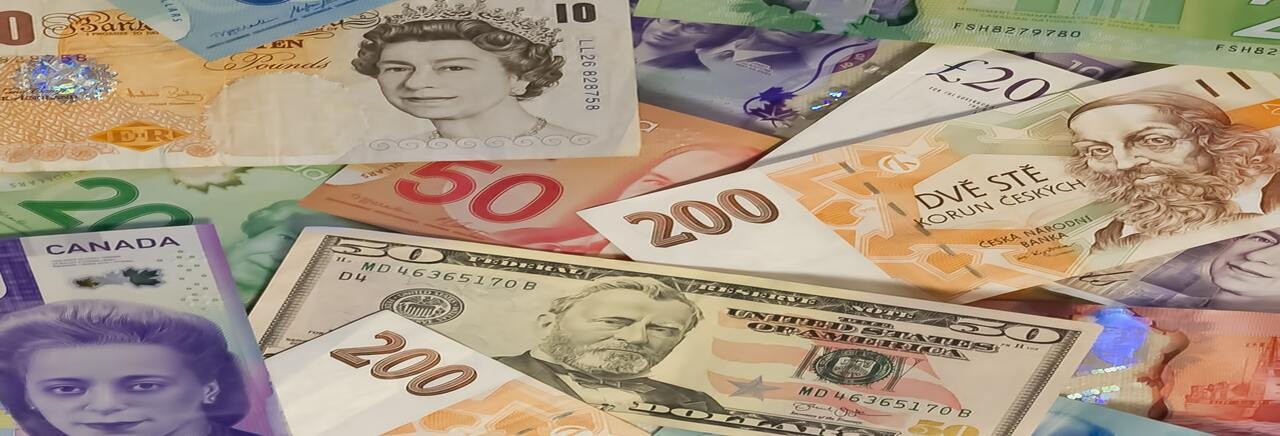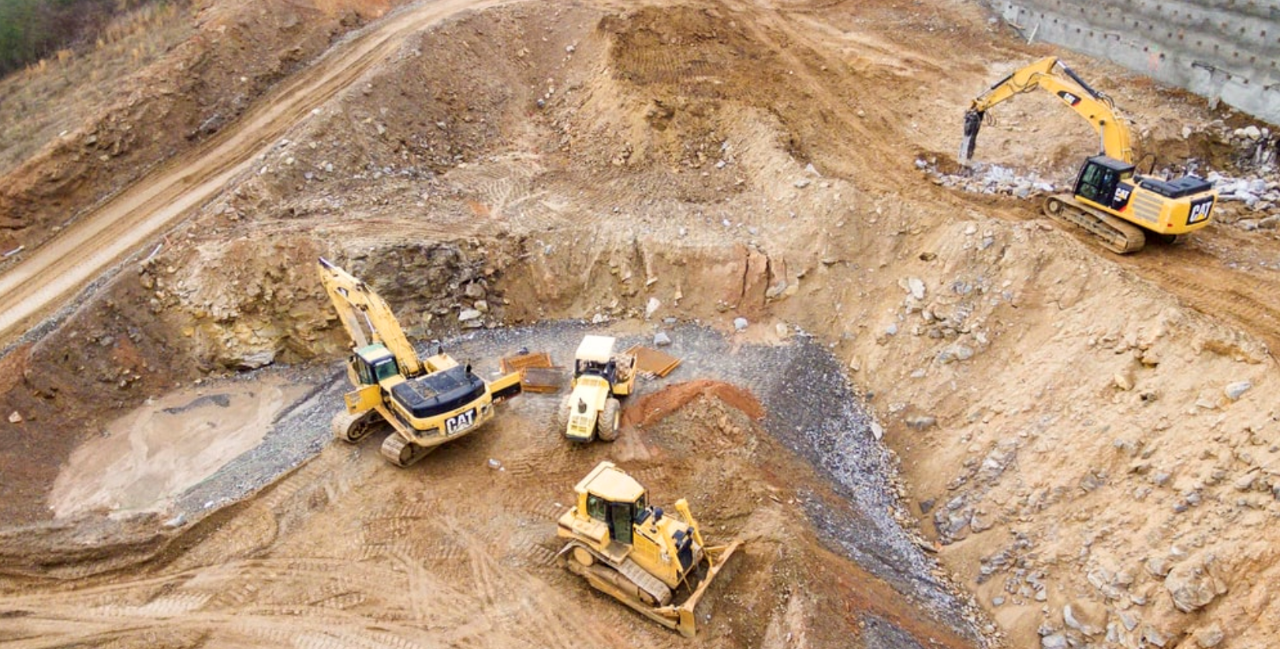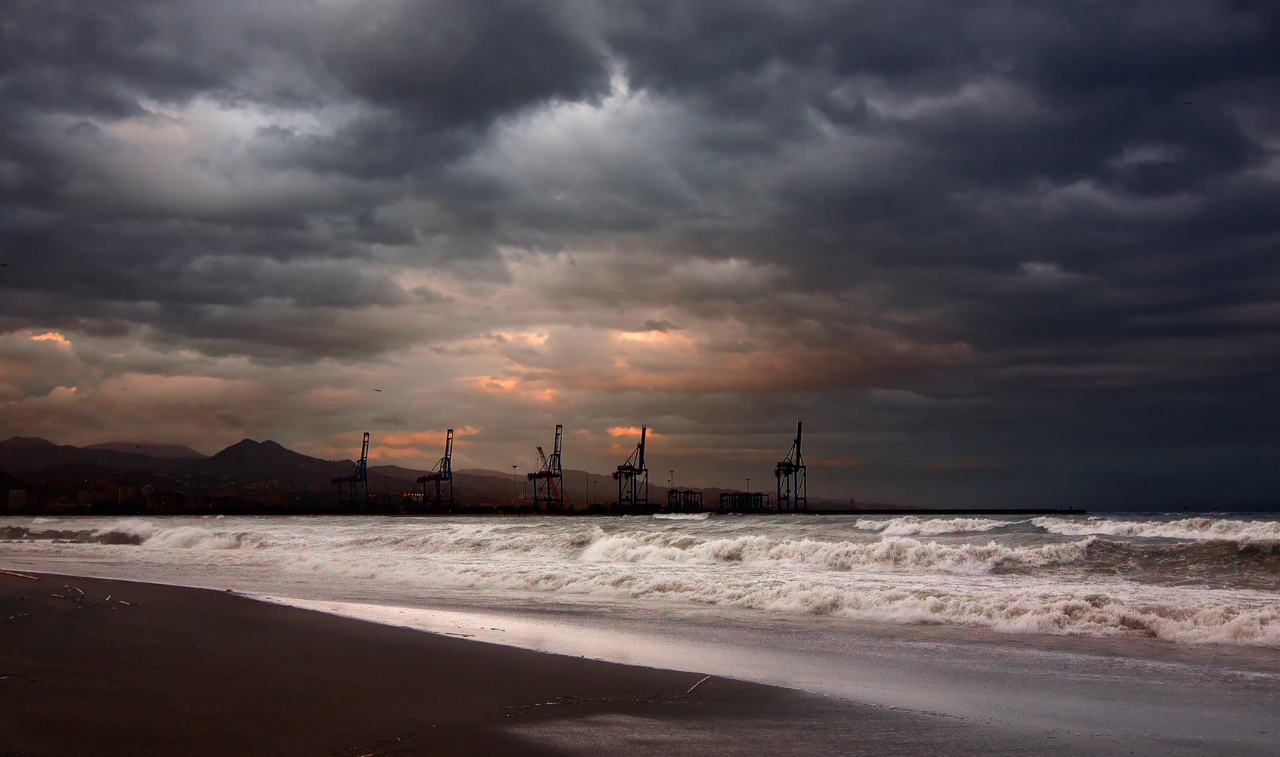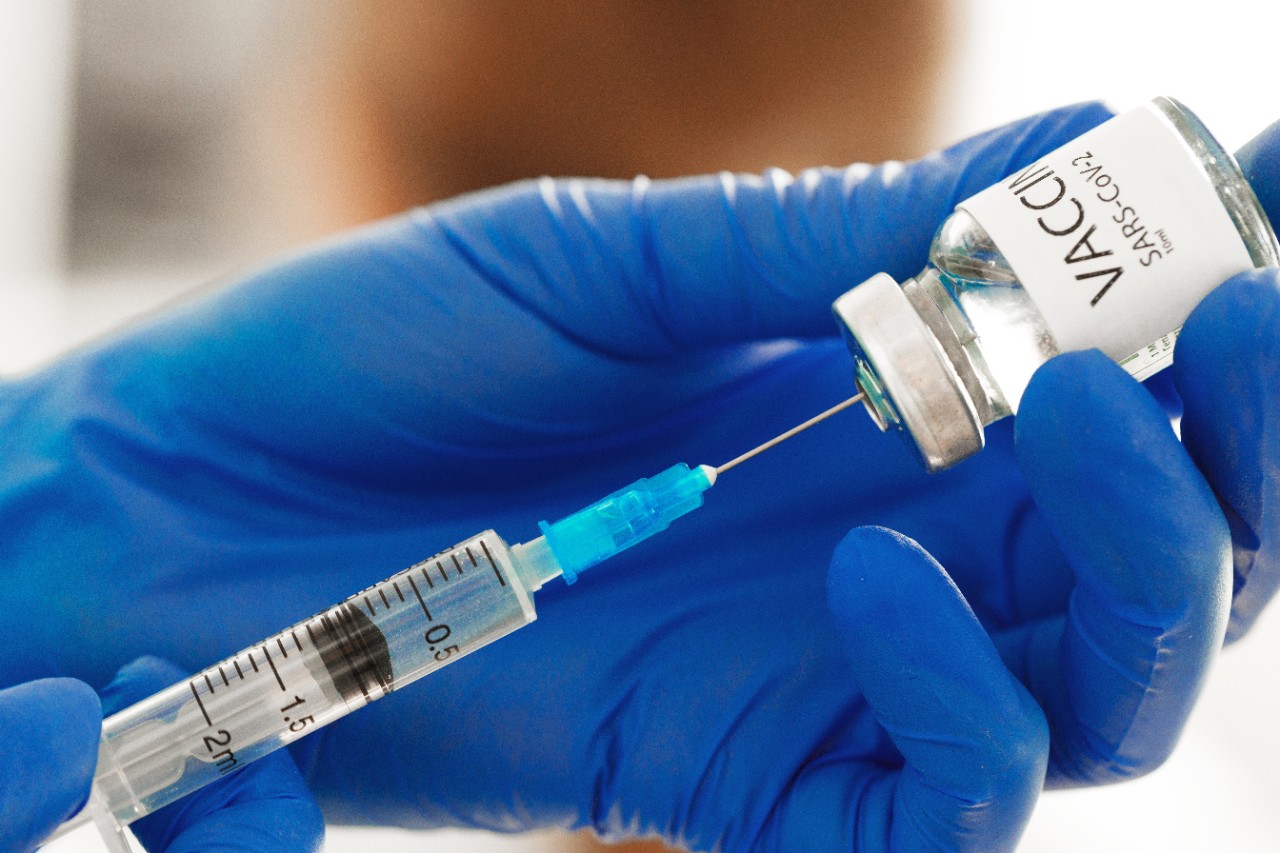In 2018, Algeria probably posted its lowest growth since 1994, at +1% according to our estimates. The government used to cope with shocks (e.g. inflation in the aftermath of the Arab Spring, oil price slump after 2014) through subsidies and other transfers (half of public spending in 2017), putting public debt on the rise to an expected 38% of GDP in 2019 (up from 9% in 2015). Unemployment at 12% (and 28.3% among young people) has prevented the government from cutting these subsidies. Additionally, protectionist moves in 2018 did not work in closing the current account deficit (-8% of GDP) and poor investment in the past is now weighing on the hydrocarbon sector: its output decreased by -5% in the first nine months of 2018. The import cover of foreign reserves has deteriorated from 36 months in May 2014, but 16 months currently is not alarming. However, strong money supply growth (+30% y/y) and a heavy premium on the black market exchange rate (+36% above the official rate) are weighing on the outlook and may deteriorate corporates’ payment behavior.
















